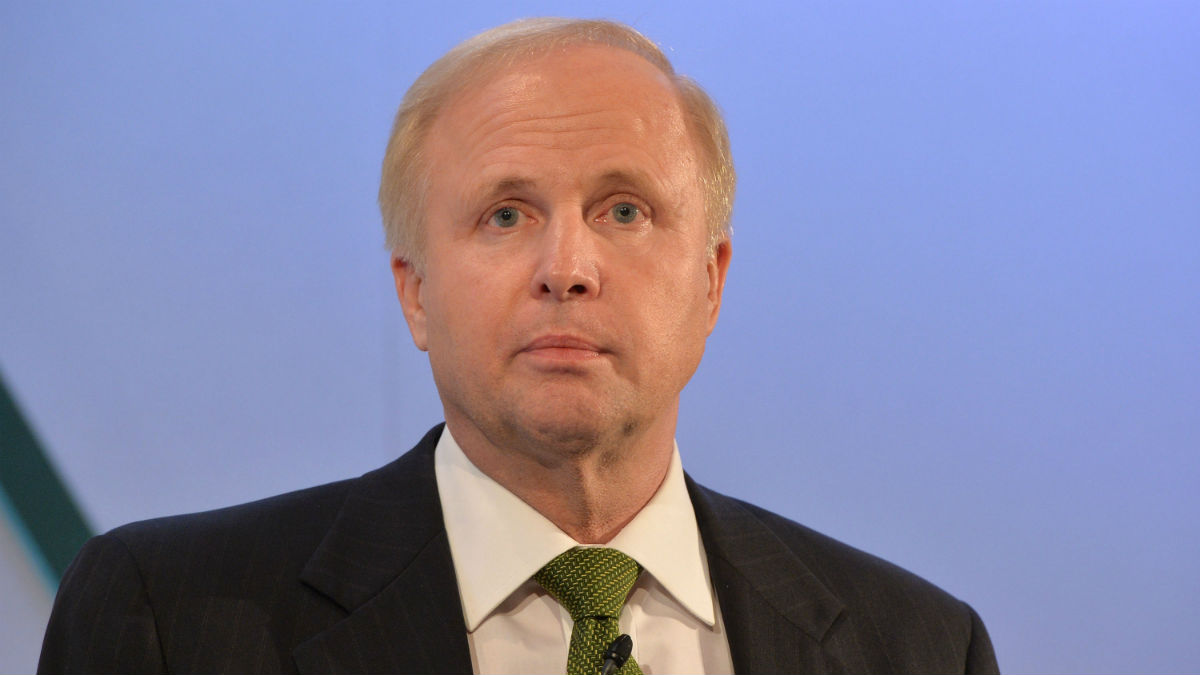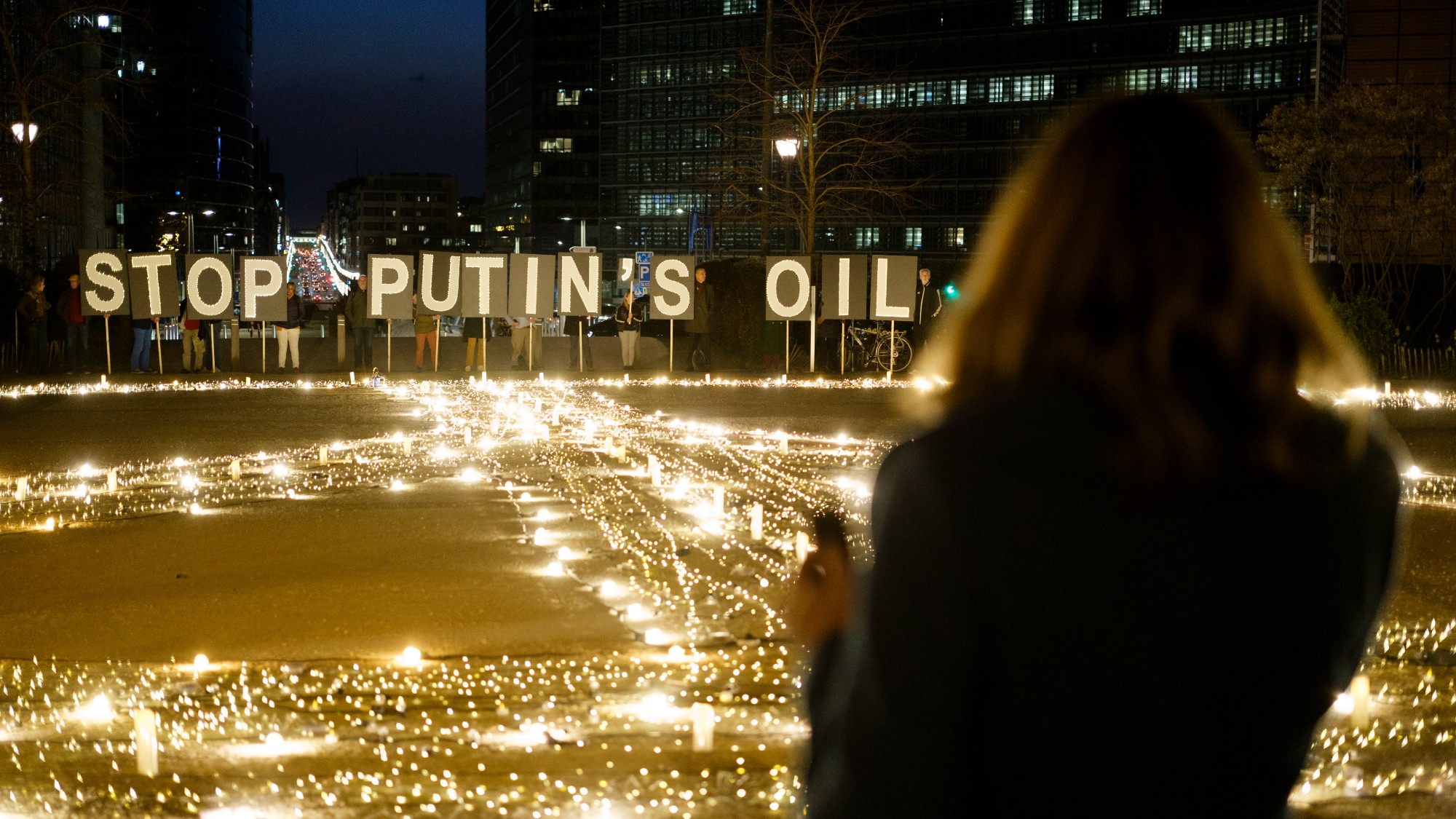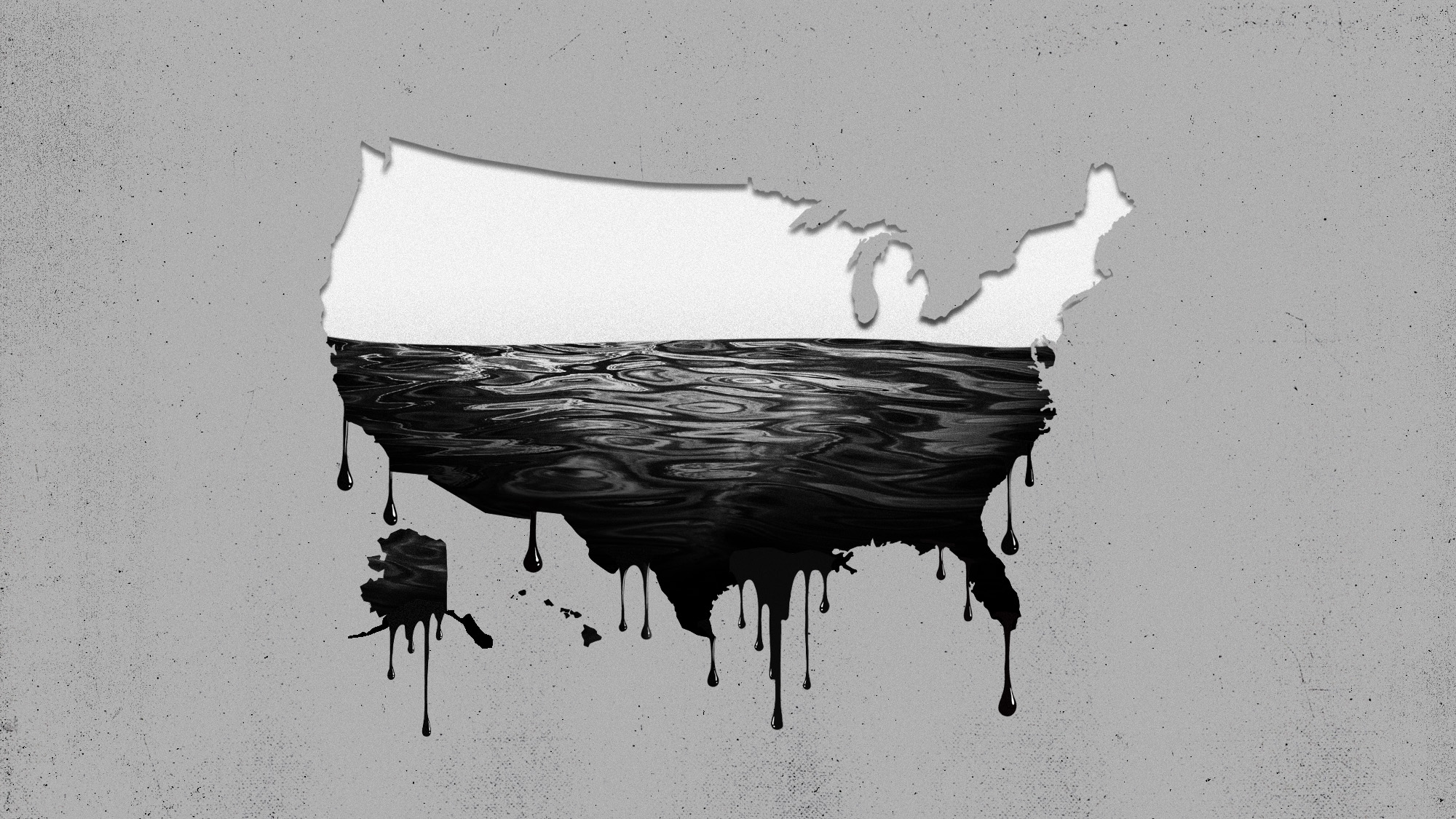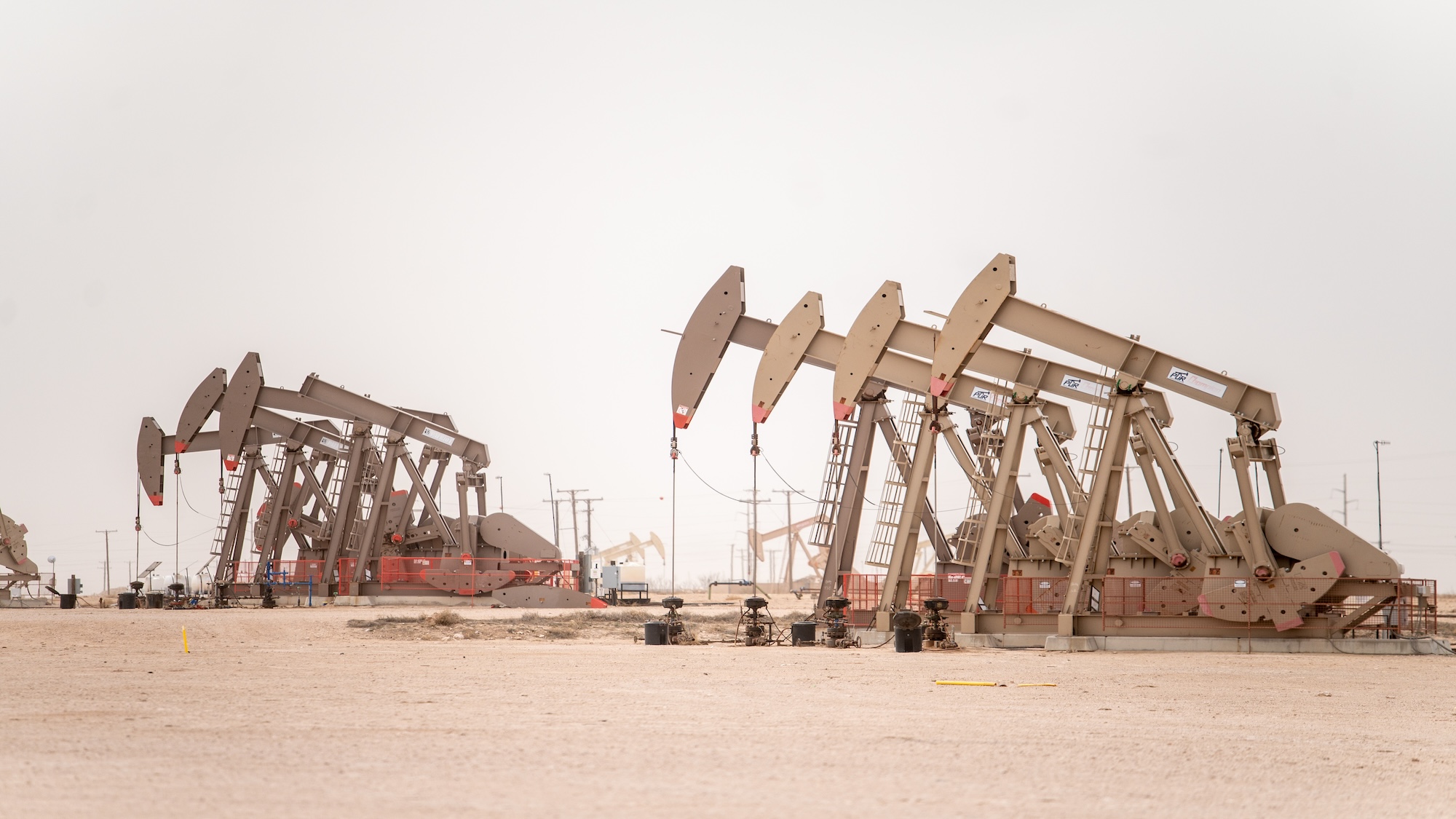BP investors rebel over boss Bob Dudley's £14m pay
Almost 60 per cent of shareholders vote against 20 per cent rise after group's worst ever loss

A free daily email with the biggest news stories of the day – and the best features from TheWeek.com
You are now subscribed
Your newsletter sign-up was successful
BP shareholders have mounted an angry protest against a 20 per cent pay rise for chief executive Bob Dudley at a time when the oil group made its worst ever loss.
For the first time in living memory, investors voted against the company's pay decisions at the firm's annual general meeting in London, with 59 per cent of votes rejecting the move to pay Dudley nearly £14m for 2015, when the company ran up a £3.6bn loss. It came as other major energy company bosses have taken a pay cut amid the oil price crash.
Adam Matthews, from the Church of England Pensions Board, asked the meeting whether it was "morally right" to boost Dudley's pay with bonuses. "How much does one person need to be paid in incentives?" he asked.
The Week
Escape your echo chamber. Get the facts behind the news, plus analysis from multiple perspectives.

Sign up for The Week's Free Newsletters
From our morning news briefing to a weekly Good News Newsletter, get the best of The Week delivered directly to your inbox.
From our morning news briefing to a weekly Good News Newsletter, get the best of The Week delivered directly to your inbox.
Another shareholder said: "While much of the population must accept austerity it is not right to increase directors' remuneration."
The results of the vote are non-binding, but left BP "scrambling to win back support of some of the City's biggest institutions", says the Financial Times.
"The rebellion highlighted a growing trend of institutional investors and advisers around the world taking a more aggressive stance over pay," it adds.
BP claims Dudley has met or exceeded all of his targets relating to operational and safety measures, but has nevertheless promised to review the way in which pay is awarded before next year.
A free daily email with the biggest news stories of the day – and the best features from TheWeek.com
"We hear you," chairman Carl-Henric Svanberg told investors. "We will sit down with our largest shareholders to make sure we understand their concerns and return to seek your support for a renewed policy."
Reviewing Friday's newspapers for the BBC, broadcaster David Davies said the story has a "bigger significance", adding that people were saying it is "damaging to companies" to be paying one person £14m when there are "horrendous pockets of inequality in our country".
He continued: "For the first time, in the past few months, the failure of successive governments to do anything about the inequalities – the gap between rich and poor – in our lifetimes is coming home to roost."
-
 Political cartoons for February 10
Political cartoons for February 10Cartoons Tuesday's political cartoons include halftime hate, the America First Games, and Cupid's woe
-
 Why is Prince William in Saudi Arabia?
Why is Prince William in Saudi Arabia?Today’s Big Question Government requested royal visit to boost trade and ties with Middle East powerhouse, but critics balk at kingdom’s human rights record
-
 Wuthering Heights: ‘wildly fun’ reinvention of the classic novel lacks depth
Wuthering Heights: ‘wildly fun’ reinvention of the classic novel lacks depthTalking Point Emerald Fennell splits the critics with her sizzling spin on Emily Brontë’s gothic tale
-
 Will latest Russian sanctions finally break Putin’s resolve?
Will latest Russian sanctions finally break Putin’s resolve?Today's Big Question New restrictions have been described as a ‘punch to the gut of Moscow’s war economy’
-
 Is the EU funding Russia more than Ukraine?
Is the EU funding Russia more than Ukraine?The Explainer EU remains largest importer of Russian fossil fuels despite sanctions aimed at crippling Kremlin's war effort
-
 Big Oil doesn't need to 'drill, baby, drill'
Big Oil doesn't need to 'drill, baby, drill'In the Spotlight Trump wants to expand production. Oil companies already have record output.
-
 Why do Russian oil bosses keep dying?
Why do Russian oil bosses keep dying?Under the Radar There have been 'at least 50' mysterious deaths of energy company executives since Putin ordered Ukraine invasion
-
 How might the Israel-Hamas war affect the global economy?
How might the Israel-Hamas war affect the global economy?Today's Big Question Regional escalation could send oil prices and inflation sky-high, sparking a worldwide recession
-
 Recent mega-mergers could signal a turning point for the US oil industry
Recent mega-mergers could signal a turning point for the US oil industryTalking Point Both Chevron and Exxon have recently spent billions to acquire smaller oil companies
-
 Has Saudi Arabia lost control of oil prices?
Has Saudi Arabia lost control of oil prices?Today's Big Question Kingdom goes it alone to cut production, risking tension with US and reigniting cooling inflation in Europe
-
 US angered by Opec+ oil cut
US angered by Opec+ oil cutSpeed Read Energy prices to rise further as producers slash supply by two million barrels a day